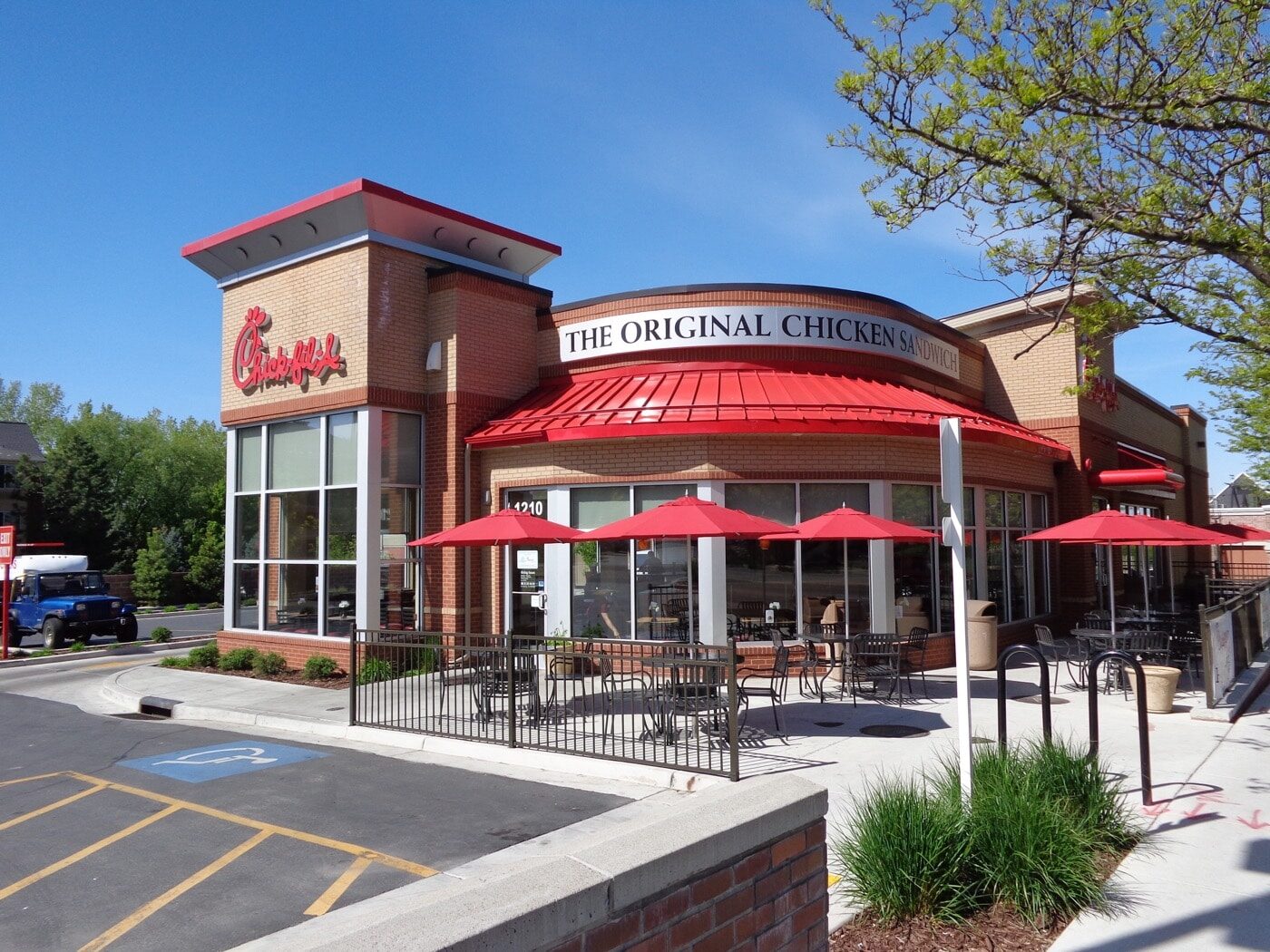Bars, restaurants, hotels and retail stores across Georgia are bearing the brunt of the economic impact of the coronavirus crisis.
Restaurants are closing the dine-in portions of their businesses to prevent the spread of the virus and limiting their operations to drive-through and takeout orders.
Stores are limiting their hours of operation, cutting employee hours or laying off workers entirely.
Even professional services businesses such as accountants are losing business because they can’t interact in person with their customers.
“It’s devastating,” said Jim Sprouse, executive director of the Georgia Hotel & Lodging Association. “We’re hearing of massive layoffs. Hotel occupancy has fallen off to virtually nothing.”
“At first, everybody thought this was about Atlanta,” added Chris Clark, president and CEO of the Georgia Chamber of Commerce. “We’re hearing from literally every part of Georgia.”
Clark said small businesses are being hit particularly hard because their narrow profit margins give them less wiggle room. Nationwide, the average small business has 27 to 45 days of operating capital, he said.
A survey the chamber conducted of more than 500 member businesses found 14% reporting they have less than three months of operating capital. Another 25% have just three to six months of operating capital.
Clark said 36% of businesses reported they have responded to coronavirus by limiting their operating times, cutting back employees’ hours and/or limiting the number of customers inside their business at one time.
“When you have a Chick-fil-A that says, ‘We’re not going to have in-restaurant dining,’ that changes your operating model a lot,” he said.
Clark said he’s encouraged by efforts at the state and federal levels to help businesses and their workers affected by the public health crisis.
The state is applying for federal assistance through the U.S. Small Business Administration’s (SBA) Economic Injury Disaster Loans program.
“We applaud [Gov. Brian Kemp] for getting that up to D.C.,” Clark said. “We’re pushing our members and local chambers to use that route.”
The Georgia Department of Labor has issued an emergency ruling requiring employers to electronically file partial unemployment claims on behalf of employees they are forced to temporarily lay off. Filing partial claims speeds unemployment insurance to workers faster.
“We are partnering with the governor’s office and our federal and state authorities to make sure we are able to get the citizens of Georgia paid,” state Commissioner of Labor Mark Butler said. “We are working as an agency to provide innovative solutions to meet the needs of our customers, even when information is changing every day.”
At the federal level, the Trump administration is pushing a $1 trillion emergency stimulus package that could send two $1,000 checks to affected Americans and $300 billion to help small businesses avoid layoffs.
Georgia’s two U.S. senators, Republicans David Perdue and Kelly Loeffler, have sent a joint letter asking Treasury Secretary Steven Mnuchin, National Credit Union Administration Chairman Mark McWatters, Federal Deposit Insurance Corporation Chairman Jelena McWilliams, and SBA Administrator Jovita Carranza to make sure small business have the flexibility and certainty to protect their employees during the coronavirus crisis while still serving their customers.
“Businesses and their employees face unique risks and challenges from COVID-19,” the senators wrote. “This is particularly true for small businesses and their employees that are supported by the traveling public, including the hotel, hospitality, sporting event, entertainment and restaurant industries. These small businesses face staggering cash flow and liquidity challenges as travel continues to slow as a result of COVID-19.”
Among other things, Perdue and Loeffler suggested the federal agencies remove any unnecessary barriers to SBA loans.
Clark said there’s also a private sector alternative that can be brought to bear to help affected businesses. He said this week’s decision by the Federal Reserve to essentially reduce the U.S. benchmark interest rate to zero will make it easier for banks to float loans to small businesses.
“We’re trying to get small businesses to go to their banks,” Clark said. “They want to work with them.”
Disclosure: This article may contain affiliate links, meaning we could earn a commission if you make a purchase through these links.






